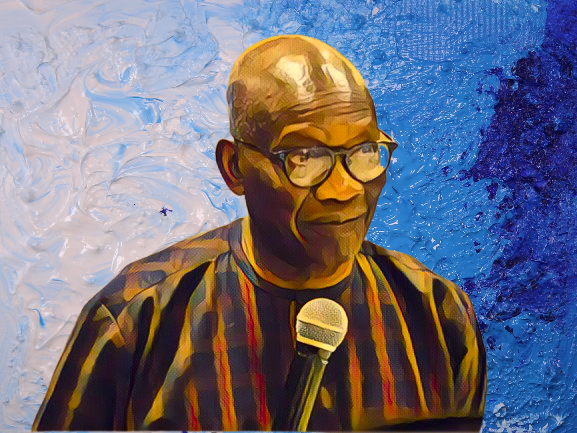KEY POINT
- Prof. Jinadu claims the 2027 polls rigging process has begun.
- Early signs of election malpractice threaten Nigeria’s democratic system.
- Civil society groups call for electoral reforms and system transparency
Renowned political scientist Prof. Adele Jinadu has raised concerns that the process of rigging Nigeria’s 2027 polls has already begun. Speaking at a recent public forum on electoral integrity, Jinadu highlighted early warning signs of electoral malpractice, including the manipulation of voter registers, questionable appointment of election officials, and the absence of concrete reforms in the Independent National Electoral Commission (INEC).
According to Vanguard, Prof. Jinadu emphasized that rigging often begins long before election day, with pre-election tactics such as the manipulation of electoral bodies, voter suppression strategies, and the use of public resources for partisan interests. He stated that “election rigging is not an event that happens on election day alone; it is a process that starts long before the first ballot is cast.”
His remarks have drawn attention from civil society organizations (CSOs) and electoral reform advocates, many of whom have echoed his call for greater vigilance in monitoring electoral processes. The early warning serves as a signal for stakeholders, including political parties, civil society groups, and the media, to keep a closer watch on pre-election activities.
Early signs of rigging and threats to Nigeria’s electoral process
Prof. Jinadu highlighted several early indicators of potential rigging in the run-up to the 2027 general elections. One of the key red flags he pointed out was the ongoing debate over the voter register. Manipulation of voter registration lists, such as the inclusion of fictitious names and the G of legitimate voters, is a known tactic in election rigging. This issue was widely discussed during the aftermath of the 2023 elections, with critics questioning the integrity of INEC’s register.
Additionally, concerns have been raised about the appointment of electoral officials. Political observers argue that partisan appointments within INEC could undermine its neutrality and independence. If key positions within the commission are filled with politically exposed individuals, it could compromise the commission’s ability to conduct free and fair elections.
The use of technology in elections, while seen as a tool for transparency, is also being scrutinized. Following controversies over the use of the Bimodal Voter Accreditation System (BVAS) during the 2023 elections, questions have been raised about whether the technology will be properly deployed in 2027. Critics argue that the manipulation or technical failures of BVAS could be exploited as part of the rigging process.
Prof. Jinadu has urged stakeholders to demand transparency in INEC’s operational procedures and called for timely audits of the commission’s processes. He also emphasized the need for media oversight to expose any early signs of rigging and hold authorities accountable.
Calls for reforms and transparency in Nigeria’s electoral system
Prof. Jinadu’s remarks have sparked calls for electoral reforms to strengthen Nigeria’s electoral system and prevent rigging. Several civil society groups (CSOs) have demanded that INEC undergo an independent audit of its processes, including the voter registration system, the procurement of electoral technology, and the appointment of election officials.
Organizations such as Yiaga Africa and Centre for Democracy and Development (CDD) have called for greater transparency and accountability in Nigeria’s electoral system. They have urged lawmakers to review the 2022 Electoral Act and introduce new safeguards that address the issues raised by Prof. Jinadu. Observers from the European Union (EU) Election Monitoring Mission have also pointed out that the lack of proper oversight and accountability in electoral processes remains a threat to Nigeria’s democracy.
Addressing these concerns, experts have recommended measures such as the decentralization of INEC’s operations, regular audits of the voter register, and increased public awareness of citizens’ voting rights. Calls have also been made for the development of stronger whistleblower mechanisms to expose electoral malpractice at its early stages.
Prof. Jinadu’s warning serves as a wake-up call for Nigeria’s electoral stakeholders to prioritize electoral integrity. With the next general election still years away, there is an opportunity for the government, INEC, and civil society to take proactive steps to prevent rigging and protect the credibility of the 2027 polls.


